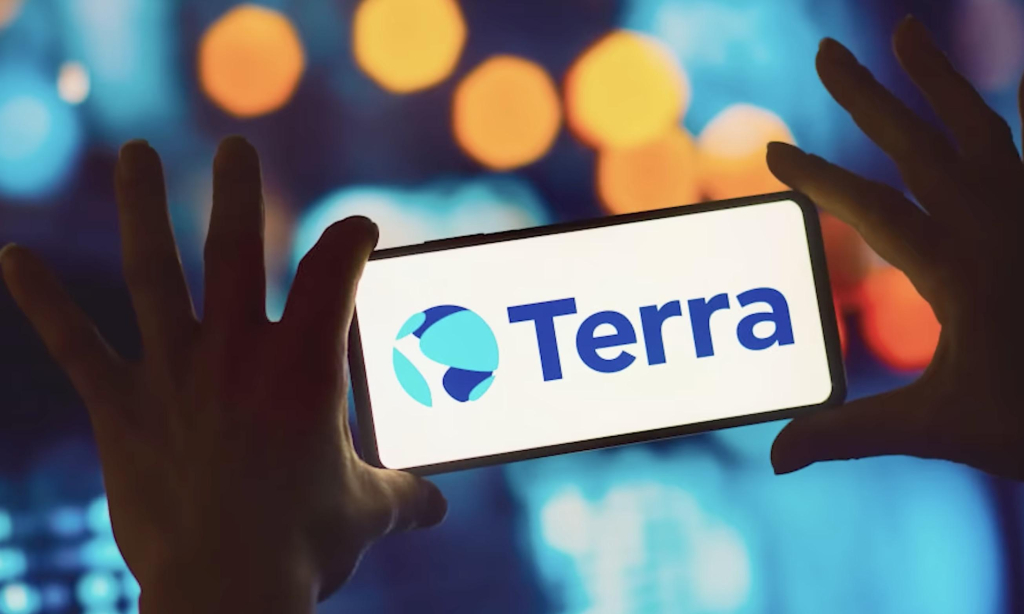Ethereum's security team is hosting a four-week hackathon with a $2 million reward pool to conduct its codebase's largest crowdsourced security audit. The event aims to identify and address vulnerabilities in the protocol, with findings reported by Immunefi.
Ethereum's $2M Hackathon Aims to Conduct Largest Crowdsourced Security Audit of Blockchain Codebase
Ethereum's security team is organizing a four-week hackathon to evaluate the blockchain's security and intends to conduct such an event for each subsequent hard fork.
Ethereum is preparing to conduct its inaugural hackathon, with a $2 million reward pool, to conduct the "largest crowdsourced security audit" of the blockchain's codebase.
In a blog post published on July 8, the Ethereum Protocol Security (EPS) research team described the "Attackathon" as a four-week "time-bound audit challenge" in which security researchers will "actively search for vulnerabilities in the protocol's code."
“They will follow specific rules set for the competition, and only impactful and rule-compliant reports will be rewarded,” it added.
The event would commence with a technical tour of the blockchain's code to ensure that "participants are adequately equipped to identify and comprehend potential vulnerabilities."
Following the event's conclusion, the findings will be compiled into a report detailing the vulnerabilities discovered by the event's presenter, the bug bounty platform Immunefi.
Ethereum Seeks Additional $1.5M for Hackathon, Plans Regular Security Audits with Each Hard Fork
According to Cointelegraph, the team announced that it contributed $500,000 to the competition's prize purse and requested a further $1.5 million from sponsors by August 1. At that time, it will disclose additional information.
The EPS team intends to organize comparable hackathons at each hard fork that encompass modifications to the codebase.
The "Pectra" hard fork, which is anticipated to be implemented in the latter half of this year or early the following year, merges the "Electra" and "Prague" enhancements in Ethereum.
A "social recovery" feature is among the significant updates that are in the works for users. This feature has the potential to eradicate the necessity of recollecting the private wallet key, which has been a defining characteristic of the technology since its inception. Additionally, it will provide wallets with innovative contract-like capabilities.
Hackathons frequently occur in the technology sector, and crypto has experienced its fair share of these events. Other blockchains and projects have also hosted coding sprints.
Additionally, crypto initiatives provide a consistent list of bug bounties to encourage hackers to share their exploits rather than conduct them maliciously. According to Immunefi's website, most bounties are offered in tens to hundreds of thousands of dollars. LayerZero's greatest reward is $15 million.
Photo: Microsoft Bing
























Comment 0